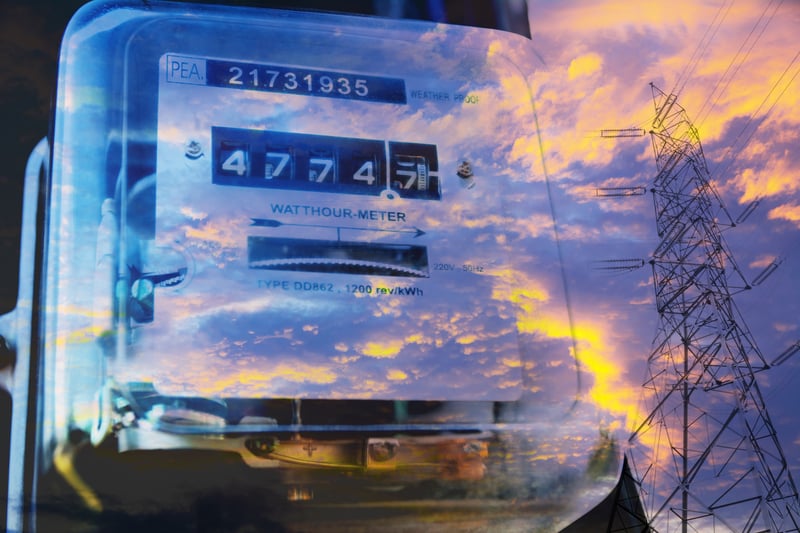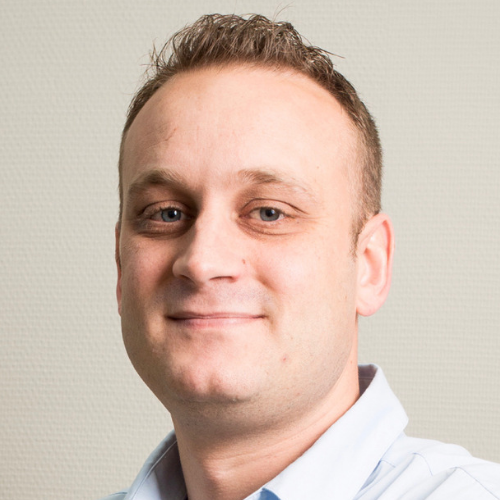Why roll out Smart Meters in Brussels?
Being the distribution grid operator for all 19 municipalities of the Brussels-Capital Region, Sibelga considers it one of its main objectives to provide its customers with a balanced network and a guaranteed electricity supply.
Due to the need for an energy transition, this objective is coming under increasing pressure. For one, there’s the rise in decentralized production accompanied by the systematic nuclear and fossil fuel phase-out. Additionally, the introduction of new technologies (heat pumps, electric cars, ...) is fueling the demand for electricity and higher capacities.
While ensuring supply and avoiding local and global congestion are more important than ever, the current situation makes it more and more difficult to maintain a balanced network where supply meets demand at any given moment.
Introducing smart meters is key in this challenge, because:
- operators obtain a better, real-time view of demand and supply to ensure sufficient supply &
a network in balance - targeted services can be used to relocate or reduce demand (e.g.dynamic tariffs, flexibility services, (collective) self-consumption, ...), limiting the maximum capacity needed
- customers gain better insight into their usage, and can install smart energy systems in their home to reduce their consumption and energy costs
In addition, smart meters offer customers numerous other benefits, such as receiving correct billings (no more need for estimates), being able to easily change billing tariff or become a prosumer, etc.

What? How? And for whom?
Sibelga’s Smart Meter Roadmap focuses on equipping customers from specific groups/segments with a smart meter.
New connections and major renovations requested by customers
Since September 2018, customers who request a meter for a new connection to the network or because they renovate their building receive a smart meter. This proved a major change, not only because they were the first group to receive a smart meter, but also because – in addition to the processes and IT systems – there was a considerable organizational impact. As technical simplification was achieved, the task of installing smart meters could be assigned to the team in charge of the opening. Ultimately, this helps ensure the smart meters’ battery life will be maximized.
AE’s part in all this?
Different people from AE have played different key roles in this project. In addition to managing the internal and external impact of the big change, we took the role of business analyst and were active in defining the organizational & functional solution.
Modernization at Sibelga’s initiative
Next to catering to their ‘new connection and major renovations’ segment, Sibelga set out to install 5,000 smart meters in 2019 as part of a modernization process they had previously initiated. The distribution grid operator wanted to use the modernization process to gain further experience in optimally organizing, planning, communicating and executing this type of venture. In addition, the modernization gave Sibelga the opportunity to further refine the technical solutions for each type of installation.
Because this type of work is relatively new to Sibelga, a list of learning objectives was drawn up, processes were clearly defined and a dedicated IT application was created. The latter not only aided to properly organize the works but also provided Sibelga with correct reports, enabling them to organize smart meter installments more efficiently and effectively in the future.
AE’s part in all this?
Various people from AE collaborated with Sibelga on this project, too. Taking on the role of product owner, we were included in the preparation phase, which consisted mainly of monitoring the balance between business priorities and technical feasibility. Our efforts finally resulted in an integrated IT solution consisting of various components (CRM, WFM, Mobile, ...).
In a later stage of the project, AE acted as a change coordinator as well as a business analyst monitoring the processes during execution and further optimizing them based on practice.
New prosumers
A third group to receive smart meters since the beginning of 2019 consists of new prosumers: customers who install solar panels or another source of decentralized generation. Before 2019, these customers received a meter that could detect injection and usage separately, but that otherwise offered no specific functionalities. Thanks to the smart meter, these customers can now better monitor and adjust their consumption pattern (by themselves or via a smart energy system) so that they can, among other things, rely more on self-consumption and need to request less from the grid.
AE’s part in all this?
A dedicated AE resource examined Sibelga’s work organization, technical methods, logistics, finance, customer contacts and IT systems, and adapted them if required. Combining the role of project coordinator, analyst and change manager, we made all the short-term adjustments needed for Sibelga’s project to successfully go live in early 2019.
What does the future hold?
Sibelga is working hard on planning the further implementation of smart meters. Segments currently being taken into consideration include owners of electric cars or old meters, collective car consumption opportunities, larger consumers, and so on.
AE is assisting Sibelga by serving as an analyst, mainly in terms of organization (determining the scope, organizing, identifying, customer contacts, logistics, finance and work execution).
Finally, in terms of change management, we are involved in the development of a broad communication plan on smart meters that aligns all the information gathered from the various segments.




